The Carpathian Summer School of Physics 2020 (CSSP20) was held safely and successfully on August 18-27, 2021 in Sinaia, Romania. In spite of the challenges associated with the global health situation, the organizers succeeded to conduct the school as a purely in-person event with 82 participants (about 50 of them students), exceeding the initial expectations for a smaller edition of this school under the difficult circumstances.
In total, 27 lecturers gave 34 hours of lectures. This was complemented by 32 communications by students and early career researchers. The scientific program covered the whole range of topics in the title of the school, from Exotic nuclei, to Nuclear Astrophysics, Astroparticle Physics and Physics with small accelerators. The traditional outreach session was filled with brief presentations on IFIN-HH, IFA and their founder, Prof. Horia Hulubei (with the 125 anniversary of his birth coming up in November) and discussions on “science and scientific meetings in times of crisis”.
A detailed program and further information can be found on the Indico page of the school. The presentations and a number of photos from CSSP20 will be posted soon on the webpage of the event.
The organizers acknowledge support by ENSAR2 and its work package NuSPRASEN, NUSTAR, COST ChETEC and ChETEC-INFRA networks that helped disseminate information about the event, and to the who came to present lectures.
The next edition of CSSP is planned for 2023, in coordination with the European Network of Nuclear Astrophysics Schools (ENNAS).
